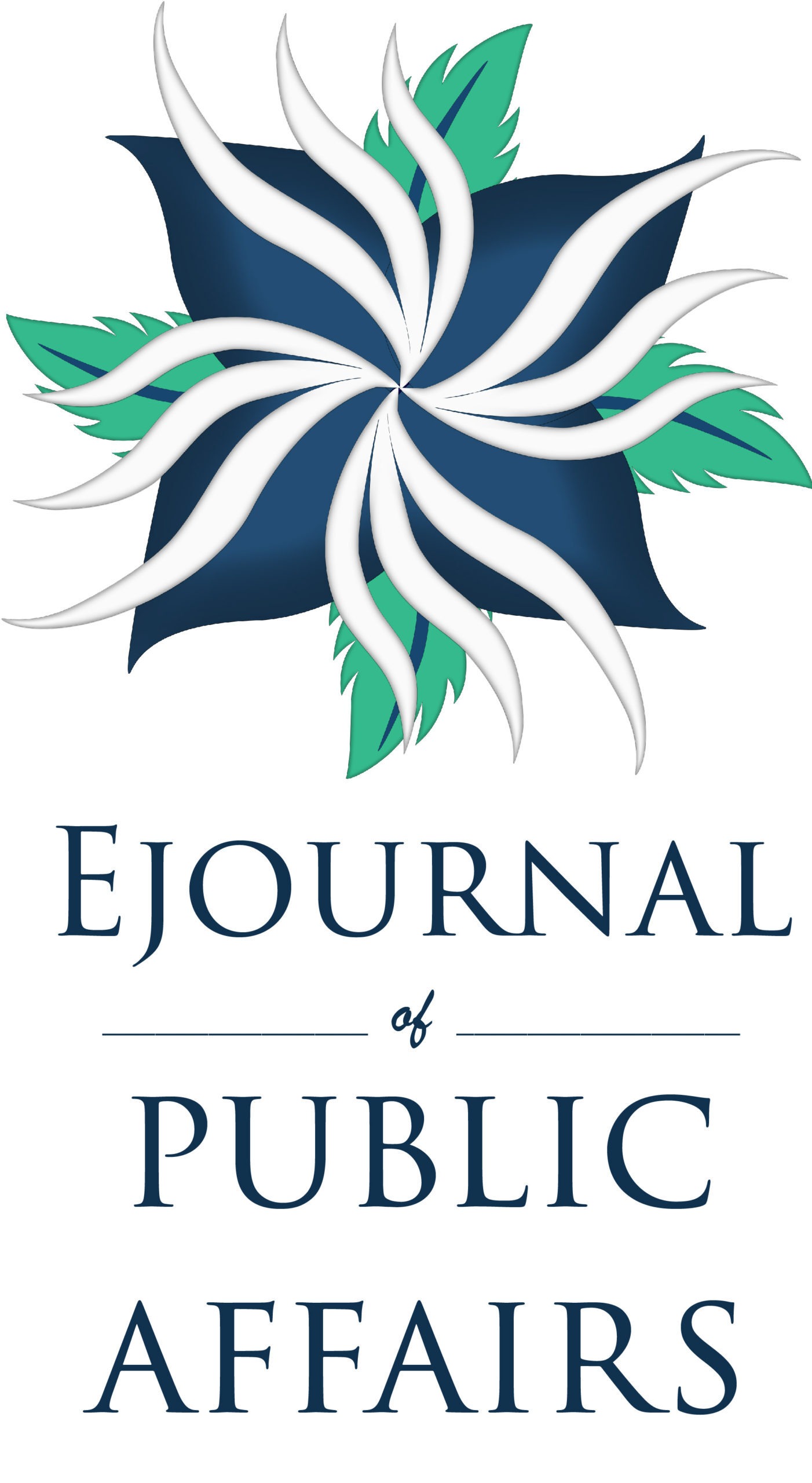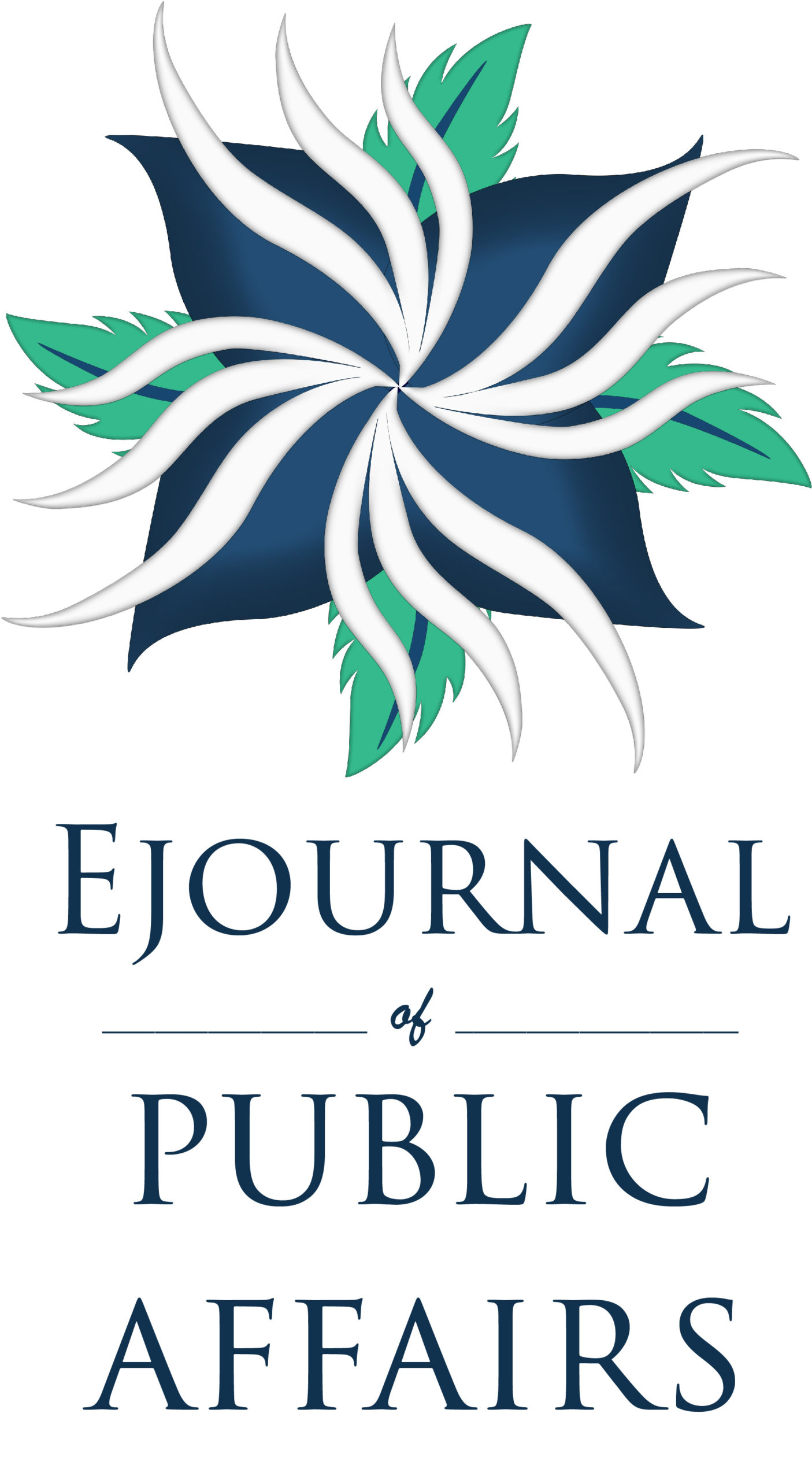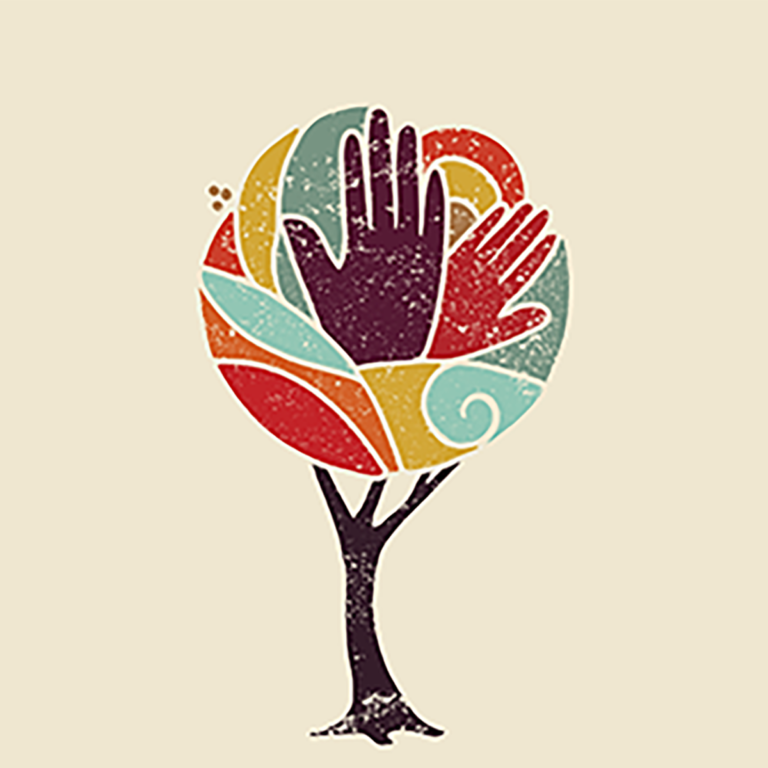Author Note
Rachelle L. Darabi, Student Development and Public Affairs, Missouri State University.
Correspondence concerning this article should be addressed to Rachelle L. Darabi, Associate Provost for Student Development and Public Affairs, Missouri State University. Email: RDarabi@MissouriState.edu
(Introductory Essay: eJournal of Public Affairs, Volume 9, Issue 2)
Most of us feel that our democratic lives have eroded. We are less civil to one another than at any other time in our history, perhaps short of the Civil War—certainly any period in my lifetime. At the 2020 Democratic National Convention, former President Barack Obama described the nation’s current situation in this way: “Our worst impulses unleashed, our proud reputation around the world badly diminished, and our democratic institutions threatened like never before.” Speakers at both parties’ conventions claimed that the 2020 election is a struggle for the soul of the United States.
The erosion is real. It is evident on our cities’ streets as we confront systemic racism and police brutality. It is evident in our hospitals as we combat the COVID-19 pandemic, the worst health crisis in 100 years. It is evident at our post offices, where budget cuts have threatened the upcoming election as millions of voters look to mail-in ballots to avoid contracting COVID-19 at their polling places. It is evident as we consider external threats to our democratic life, such as Russian interference in the 2016 election.
With such low levels of confidence in our institutions of governance, how can the upcoming election provide any kind of renewal? Even the President of the United States—a candidate for reelection—claims that this will be the most crooked election of all time. He warns that we will not know the outcome on election night, perhaps for months, perhaps never. Worse, should he lose the election, the current occupant of the White House, the executor of federal legal authority and commander in chief of the military, has refused to ensure a peaceful transition of power because he believes there will be enormous voter fraud. 2020 is the centennial of women securing a constitutional right to vote in the United States. Are we to commemorate this milestone anniversary with only strife?
How do we keep the promise of democratic renewal in the current environment? That question is the theme of this issue of the eJournal of Public Affairs. The peer-reviewed and invited content in this issue opens up a space for reporting and reflection during these last weeks before what may be the most consequential election in our lifetimes, if not the most critical in the history of our country. For me, it is a moment of professional and personal reflection as well.
2020 was to be a year of celebration for me as I anticipated my retirement in June. Due to COVID-19, however, I extended my time at Missouri State University by several months to help ensure that all of the planning for the new fall semester was complete. I have had the great honor of spending 32 years in higher education, working for two outstanding institutions. I have closed my career at Missouri State, an institution which stands on three pillars: ethical leadership, community engagement, and cultural competence as part of its public affairs mission. Never before have I seen a greater need for institutions like Missouri State to continue their leadership within their communities, particularly in promoting these pillars. As I see greater recognition across the country of systemic racism, I feel hopeful. Perhaps 2020 can bring a renewal of our commitment to justice and equality.
When I arrived at Missouri State, as the associate provost for student development and public affairs, I had the awesome responsibility of promoting and supporting the university’s public affairs mission. I wanted to have an opportunity to share, beyond our campus, the outstanding public affairs work going on at Missouri State and to give faculty and staff across the country an outlet for public discourse around public affairs. With the help of the American Democracy Project, Andrew Lokie (the journal’s editor), and the late Dr. Marc Cooper (the managing editor) we put together a scholarly journal that has covered topics like cultural competence, sustainability, social entrepreneurship, global teaching, first-generation college students, and more. Our board and guest editors have been affiliated with institutions from across the country, and our authors have spanned the world. I am particularly proud of this issue, “Erosion and Renewal in Democratic Life,” since it comes at such a critical juncture in our history. I am also grateful to Kris Sutliff and Darrell Hamlin, who stepped in as managing editor after our tragic loss of Marc Cooper, and to Charlie Whitaker, our associate editor. The eJournal of Public Affairs started as a dream and has become a solid reminder of why higher education is central to our democracy.
When I first started writing this introductory essay, I felt disheartened. Yet, as I reflect further on the importance of the eJournal and the power of higher education to shape the future of democracy by preparing students for civic life in a civil society, I feel renewed. We can create citizen scholars within our institutions, and we can build a better path forward. We can renew our relationships around the world and still be a beacon for democratic life. It will be an uphill battle, but we must stay on the path. I have enough optimism about the future that I bought a t-shirt that says, “Voting is my Superpower,” with a picture of a woman superhero. I wear it as a tribute to the women who struggled so that I could vote. I turned 18 in a presidential election year, and I have retired in another; these two elections have been great bookends to my long relationship with higher education. During that time, I have never doubted the awesome power we yield when we step into the voting booth or vote by mail.
I hope you enjoy this and subsequent issues of the eJournal. Best wishes, and never give up the fight for a better future.
Author
 Rachelle Darabi is an emeritus faculty member from Missouri State University (MSU). She held the position of Associate Provost for Student Development and Public Affairs at MSU from 2008-2020. Dr. Darabi came to Missouri State University from Indiana University-Purdue University Fort Wayne (IPFW-now Purdue Fort Wayne) where she worked for nearly 20 years. Dr. Darabi holds a doctorate in Rhetoric and Composition with a cognate in Teaching English to Speakers of Other Languages (TESOL). She ran the English-as-a Second Language Program at IPFW before taking on increasingly responsible administrative positions. Her final position at IPFW was Associate Vice Chancellor for Student Success.
Rachelle Darabi is an emeritus faculty member from Missouri State University (MSU). She held the position of Associate Provost for Student Development and Public Affairs at MSU from 2008-2020. Dr. Darabi came to Missouri State University from Indiana University-Purdue University Fort Wayne (IPFW-now Purdue Fort Wayne) where she worked for nearly 20 years. Dr. Darabi holds a doctorate in Rhetoric and Composition with a cognate in Teaching English to Speakers of Other Languages (TESOL). She ran the English-as-a Second Language Program at IPFW before taking on increasingly responsible administrative positions. Her final position at IPFW was Associate Vice Chancellor for Student Success.




